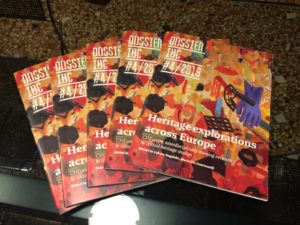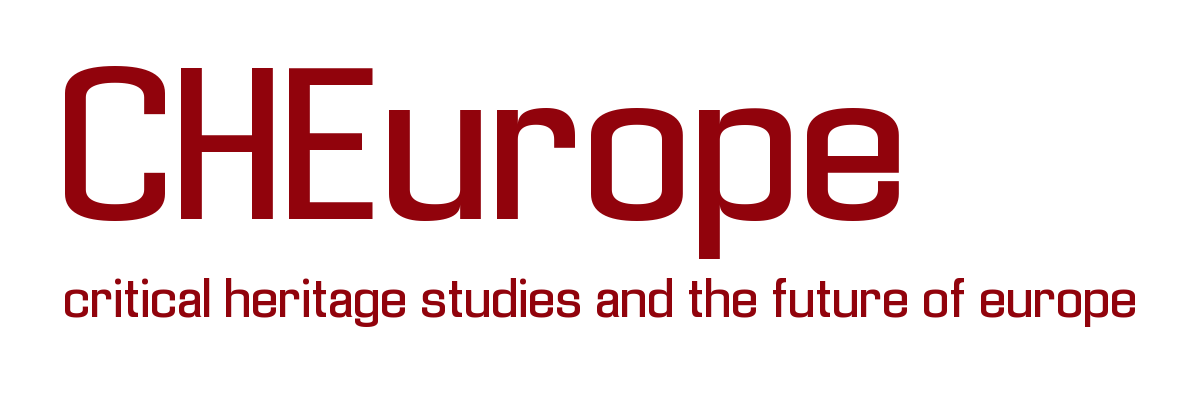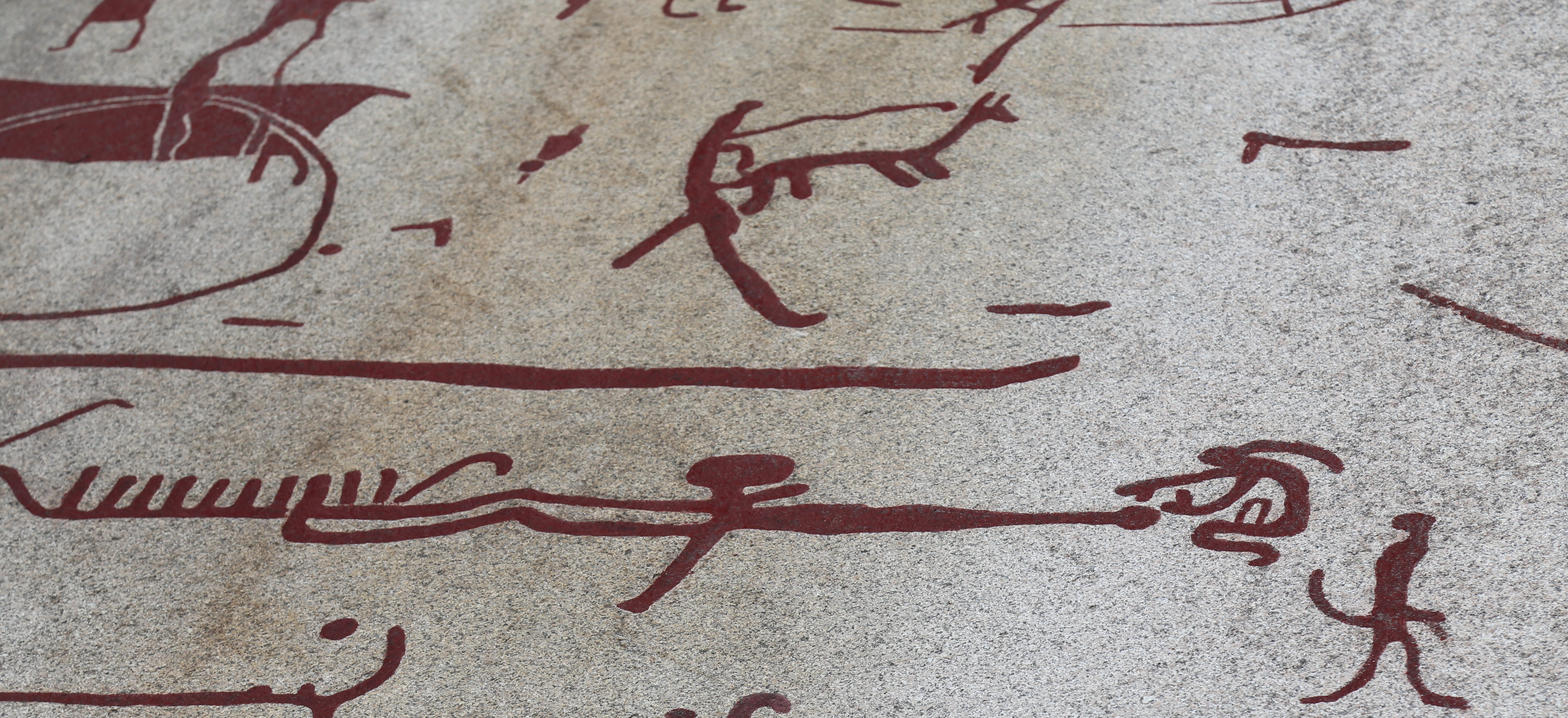Heritage, a horizon of possibilities for the future
For the CHEurope project, heritage is as much about the future as it is about the past. An important dimension of the politics and the public sphere of our multicultural and increasingly globalized times, heritage involves working with the past to remake ourselves, our identities and the worlds we inhabit, to create a ‘horizon of possibilities for the future’ – as Reinhard Koselleck famously argued, remembering the past occurs in the present while aiming at the future. We have identified a set of challenges derived from the growing politicization of heritage and its entanglement with some of the key socio-political issues of our times: urban conflicts, digitality, the future of welfare, and public involvement. Public involvement, in particular, is crucial due to the increasing participation of people in different forms of government and self-government in the management of the res publica.
CHEurope’s objectives
This project’s primary goal is therefore to reflect on the ‘futurity’ of heritage and to train researchers to recognise in these novel demands new possibilities for using museums, cultural and natural heritage sites, and archives, in innovative ways.
By bringing together a set of key European academic and non-academic partners, including a network of museums pioneering participatory projects, CHEurope positions itself at the heart of the emerging field of critical heritage studies to promote a new methodological framework encouraging a stronger integration between theory and heritage practices and applying it for a more efficient training in heritage management and the development of cultural industries in Europe.
We aim to build collectively a new, integrated approach to cultural heritage, thus helping solidify the field of critical heritage studies. This is a newly emerging interdisciplinary field which is concerned with exploring the ways in which the past is used in the present, covering research into what we choose (or not) to conserve, and why we choose to do so; relations of power and the politics of the past in the present; processes of heritage designation, conservation and management; and the relationship between commemorative acts and public and private memory.
Based on these observations our specific aims are 1) to identify those fields/areas where new developments are taking place in policies and research, impacting on the future of European heritage. 2) to provide students and researchers in cultural heritage studies with an innovative set of methodologies that are linked to a new integrated, critical understanding of the future roles of cultural heritage, its production (preservation), dissemination (consumption) and use (creation and re-invention through social and political processes) in society, 3) to develop an innovative training model in European doctoral research in cultural heritage, based on a transdisciplinary and cross-European perspective 4) to include key partners from a wide range of pioneering heritage institutions as training platforms as well as providing material and contexts for research to further to enhance students’ future job opportunities in an expanding heritage industry, and finally 5) to confront students with multiple audiences through dissemination of their PhD projects in an exhibition and other outreach activities.
To achieve these aims, we have chosen the following themes:
1/Theorizing heritage futures in Europe: heritage scenarios.
2/Curating the city: trans-disciplinary inheritance/disinheritance processes in urban settings.
3/Digital heritage: the future role of heritage and archive collections in a digital world.
4/Heritage and wellbeing: migration and dislocation.
5/Heritage management and citizen participation in a multi-cultural world.
Discover the CHEurope project in “Heritage explorations across Europe. CHEurope, interdisciplinary training network in critical heritage studies” (IBC Dossier 4/2019)


